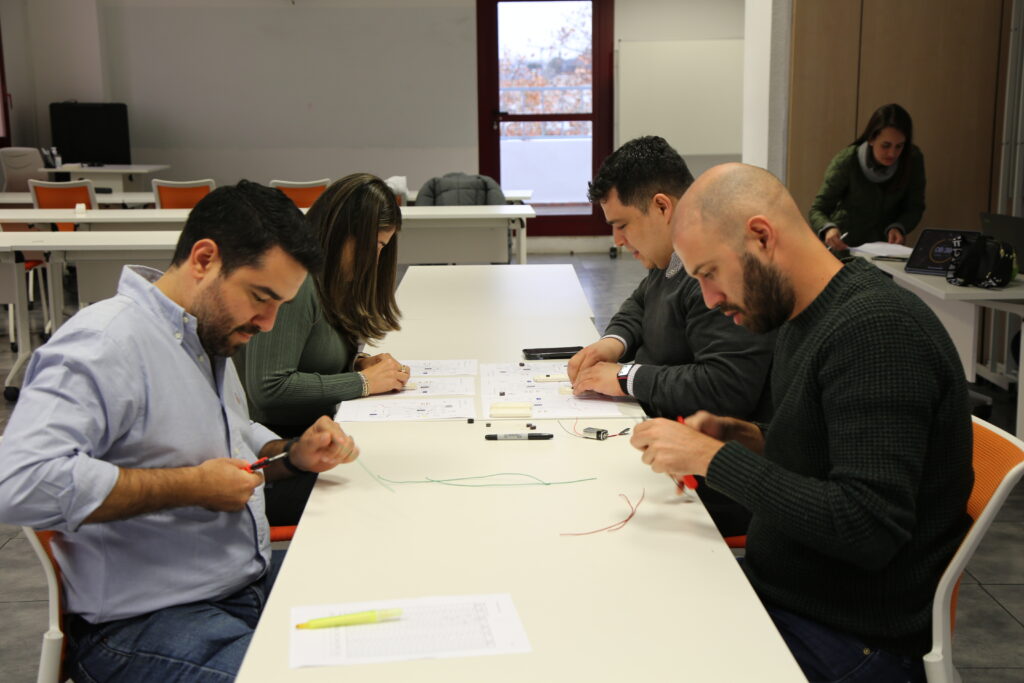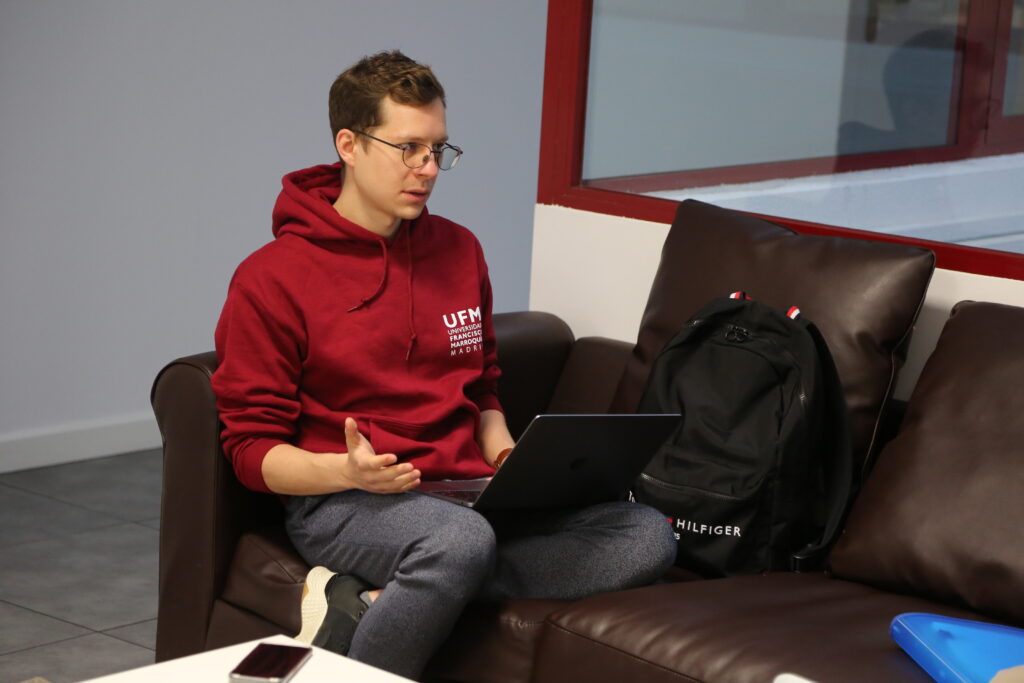How to Maximize ROI from Your Entrepreneurial Advisors
SEPTEMBER 20, 2016
Once you’ve secured your advisor(s), the question becomes more complicated:
How are you going to generate the greatest possible ROI from the relationship? In other words, how do you manage an advisor to make it worth your time and money?
Professional advisors have the potential to make a major impact on the success of entrepreneurs and their businesses. But these relationships don’t come easily, and they certainly don’t come without a commitment to deliberate management and attention.
There are all different kinds of advisor relationships, both formal and informal, paid and unpaid. I want to dig into the formal, paid engagements here—those that you invest real resources into making a success.
There is a step-by-step process I encourage my students and fellow entrepreneurs to keep in mind when thinking about how to use professional advisors most effectively.
This process falls into two essential camps: vetting and choosing, followed by managing and measuring.
Vetting and Choosing
The first consideration is of course vetting and choosing the right advisors at the right time, whether they be management consultants, financial advisors, lawyers, executive coaches, real estate brokers, or any mix therein.
How do you make sure they are the right fit, and that you’re actually ready to employ them and their expertise?
Step 1:
Define the job that needs to be done and how you plan to measure success. Understanding both components and debating whether the hard cost is worth the outcome, will help you avoid jumping in prematurely.
Step 2:
Consider whether there are other ways to get the job done that don’t involve hiring a professional advisor. If you can make an internal hire to solve a recurring problem or easily self-educate on a particular topic, you probably don’t need an advisor in tandem.
Remember that the relationship between entrepreneur and advisor is expensive and time consuming, and you have to be all-in.
Step 3:
Take a close look at the landscape of advisors at your fingertips, and make sure you find the right expert for the job. In short, do your due diligence! Keep a constant pulse on the network of people that could be a good fit for what you’re looking to achieve.
Expand your options by talking to customers, classmates, friends, current advisors, friendly competitors, and those you think are really getting it right in their given fields. They are experts in and of themselves.










